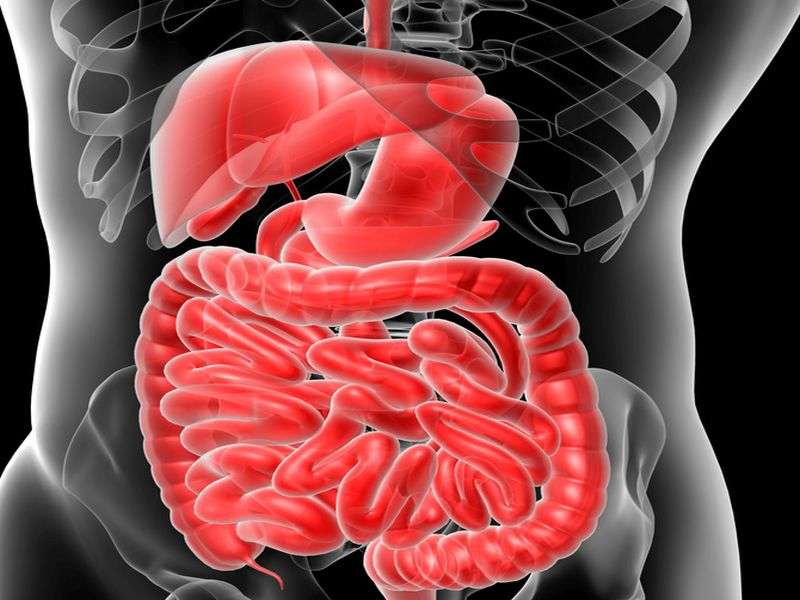Protein expression predicts rectal cancer outcomes

(HealthDay)—Loss of E-cadherin protein expression in the pretherapeutic biopsy of rectal cancer is associated with fewer metastases and improved survival, according to a study published online March 25 in the Journal of Digestive Diseases.
Jonas Jessberger, from the Friedrich-Alexander-Universität Erlangen-Nürnberg in Germany, and colleagues evaluated 223 patients with rectal cancer treated with neoadjuvant radiochemotherapy followed by surgery. Protein expression of E-cadherin and tumor growth pattern (solid-glandular versus single-cell pattern) were assessed using 88 biopsies prior to radiochemotherapy and 213 tumor resections.
The researchers observed a significant decrease of E-cadherin expression (P = 0.002) and a significant increased single-cell growth (P = 0.001) at the invasion front in tumor samples after radiochemotherapy versus primary biopsies of the tumor. Longer metastasis-free survival (P = 0.033) and tumor-specific survival (P = 0.030) were associated with low E-cadherin expression in the biopsy. Single-cell growth at the tumor invasion front was a prognostic factor for longer tumor-specific survival (P = 0.021) after radiochemotherapy. Tumor-specific survival was independently predicted using a combination of growth pattern and the Dworak regression grade (P = 0.015).
"A combination of growth pattern and tumor regression score (RegPat-Score) showed the highest discriminatory power to identify high-risk patients," the authors writes.
More information:
Abstract
Full Text (subscription or payment may be required)
Copyright © 2017 HealthDay. All rights reserved.
















